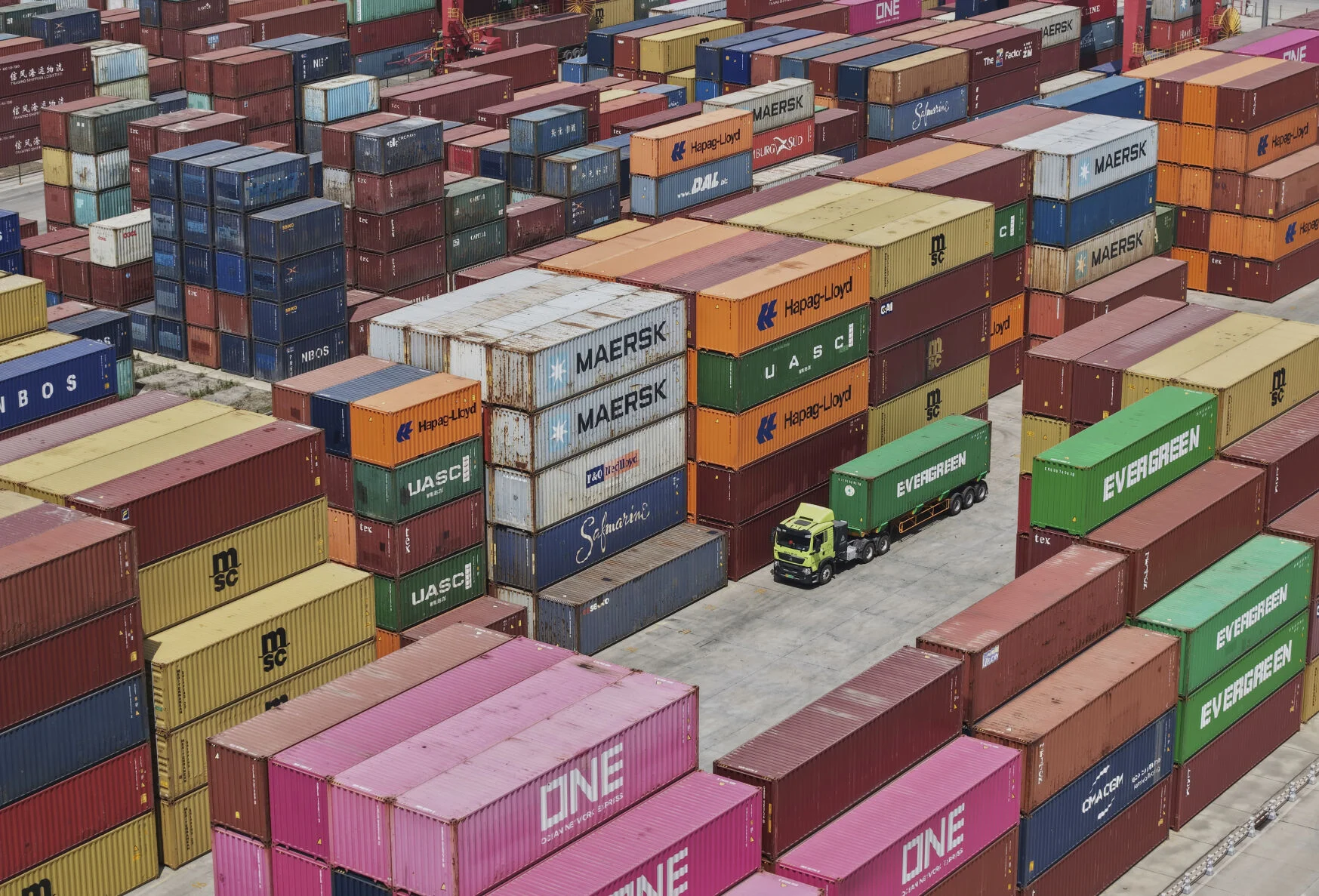Following President Donald Trump’s warning of an additional 50% tariff on Chinese goods, China said it will “fight to the end” and take countermeasures against the US to protect its own interests.
The U.S. imposing “so-called’reciprocal tariffs'” on China is “completely groundless and is a typical unilateral bullying practice,” according to the Commerce Ministry on Tuesday.
Trump’s Monday threat of more tariffs on China sparked new worries that his efforts to rebalance the world economy would become a trade war that would be financially devastating. As the tariff battle intensifies, stock markets from Tokyo to New York have grown increasingly volatile.
Tuesday saw advances in U.S. futures and global stocks, with the Nikkei 225 in Tokyo rising just over 6% as markets largely settled down following the shocks of President Donald Trump’s tariff rises.
As his administration tries to calm market anxieties after the United States decided to slap a 32% import duty on Indonesian goods, President Prabowo Subianto pledged to develop the nation’s economy with the aim of standing on “our own feet.”
On Tuesday, he convened with investors, market participants, and economists in Jakarta to devise strategies for enhancing Indonesia’s economic resilience.
During his opening remarks at the meeting, Subianto stated, “what is happening now, the world is in turmoil due to the world’s strongest economy making policies to increase tariffs so high for many countries.” The uncertainty that followed, he claimed, highlighted the necessity of “relying more on ourselves to build our economy with our own feet.”
Chief Economic Minister Airlangga Hartarto stressed at the meeting that the Indonesian government has issued a letter requesting negotiations on the reciprocal tariff policy through the Secretary of Commerce and the U.S. Trade Representative, and that it will not take any retaliatory action.
“We will increase our purchase of American products,” Hartarto stated, adding that “America wants a balancing of the trade balance.”
Tokyo advances drove an increase in global shares and U.S. futures.
U.S. futures and global stocks rose Tuesday, driven by gains in Tokyo, where the Nikkei 225 jumped slightly more than 6% as markets settled down. Most markets saw a slight recovery after a tumultuous day on Wall Street, when equities plummeted as Trump threatened to raise his double-digit tariffs.
Germany’s DAX gained 0.9% to 19,975.81 while the CAC 40 in Paris was up 1.3% at 7,018.79. Britain’s FTSE 100 also picked up 1.3%, to 7,804.73.
Early on Tuesday, the Dow Jones Industrial Average saw a 1.9% increase in futures, while the S&P 500 saw a 1.5% gain.
At 33,012.58, the Nikkei 225 closed slightly above 6% higher in Tokyo.
Although Hong Kong regained some of its lost territory, Monday’s 13.2% decline gave the Hang Seng its worst day since the Asian financial crisis in 1997.
To 20,036.03, the Hang Seng had a 1% increase. After the government investment fund Central Huijin ordered state-owned enterprises to buy shares to strengthen the market, the Shanghai Composite index surged 1.4% to 3,140.15.
The markets in Pakistan are seeing a modest rebound.
Following a 3.3% overall decline the day before, the Pakistan Stock Exchange rebounded 1.5% on Tuesday.
The most recent development follows a day after Pakistani stocks fell and the United States imposed 29% tariffs on Islamabad.
The stock market rebounded after officials reported that U.S. Secretary of State Marco Rubio had discussed economic cooperation with Ishaq Dar, the deputy prime of Pakistan.
This month, a government delegation from Pakistan will travel to Washington to discuss tariffs with the administration.
Von der Leyen advises China not to intensify its trade spat with the United States.
China is being urged by European Commission President Ursula von der Leyen to refrain from intensifying a tariff war with the United States and to assist in preventing the rush of Chinese goods into foreign markets as a result of the consequences.
Von der Leyen “called for a negotiated resolution to the current situation, emphasizing the need to avoid further escalation” in a phone conversation with Chinese Premier Li Qiang, according to a statement released by her office on Tuesday.
Europe and China must “support a strong reformed trading system, free, fair, and founded on a level playing field,” she added, emphasizing the critical necessity of stability and predictability for the global economy.
On behalf of the 27 EU members, the commission negotiates trade agreements and conflicts. As the tariffs affect trade flows, a task force is being established to keep an eye out for potential dumping.
China claims that the US does not seem to seek “real dialogue.”
After Trump threatened to levy additional tariffs, China’s Foreign Ministry said Beijing would “fight to the end” and questioned America’s “willingness for sincere dialogue” on Tuesday.
At a news briefing, Lin Jian, a spokesman for the Foreign Ministry, stated, “I do not think what the U.S. has done reflects a willingness for sincere dialogue.”
“The United States should embrace an attitude of equality, mutual respect, and mutual benefit if it truly wants to have a conversation. China will undoubtedly fight to the end if the United States insists on a tariff and trade war while ignoring the interests of both nations and the international community, Lin continued.

